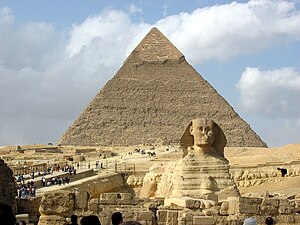Business ethics
From Wikipedia, the free encyclopedia
| Business administration |
|---|
 |
Business ethics (also corporate ethics) is a form of applied ethics or professional ethics that examines ethical principles and moral or ethical problems that arise in a business environment. It applies to all aspects of business conduct and is relevant to the conduct of individuals and entire organizations.[1]
Business ethics refers to contemporary standards or sets of values that govern the actions and behaviour of an individual in the business organisation.
Business ethics has normative and descriptive dimensions. As a corporate practice and a career specialization, the field is primarily normative. Academics attempting to understand business behavior employ descriptive methods. The range and quantity of business ethical issues reflects the interaction of profit-maximizing behavior with non-economic concerns. Interest in business ethics accelerated dramatically during the 1980s and 1990s, both within major corporations and within academia. For example, most major corporations today promote their commitment to non-economic values under headings such as ethics codes and social responsibility charters. Adam Smith said, "People of the same trade seldom meet together, even for merriment and diversion, but the conversation ends in a conspiracy against the public, or in some contrivance to raise prices."[2]Governments use laws and regulations to point business behavior in what they perceive to be beneficial directions. Ethics implicitly regulates areas and details of behavior that lie beyond governmental control. The emergence of large corporations with limited relationships and sensitivity to the communities in which they operate accelerated the development of formal ethics regimes.[3]








